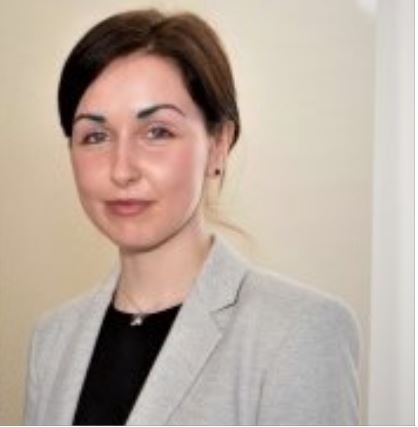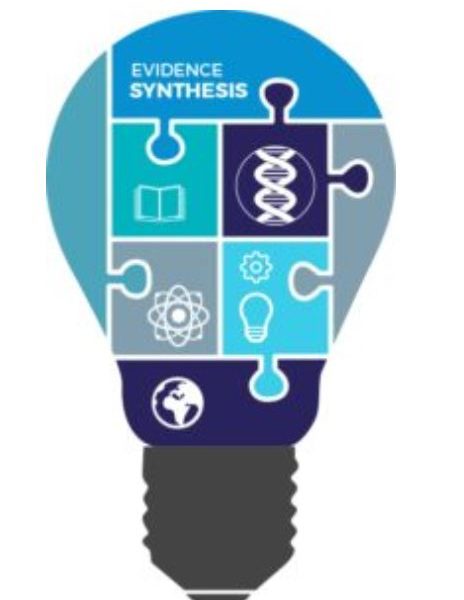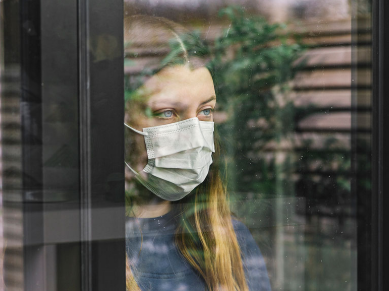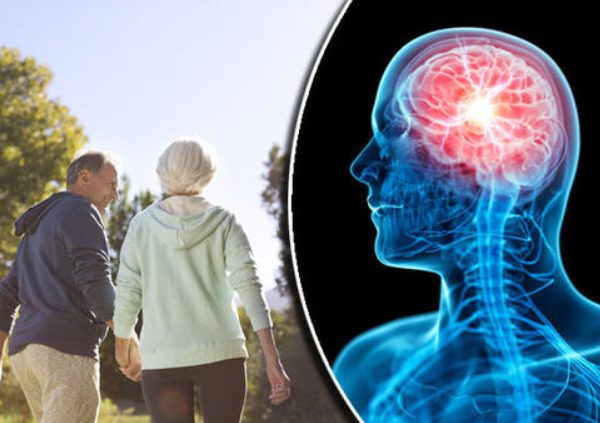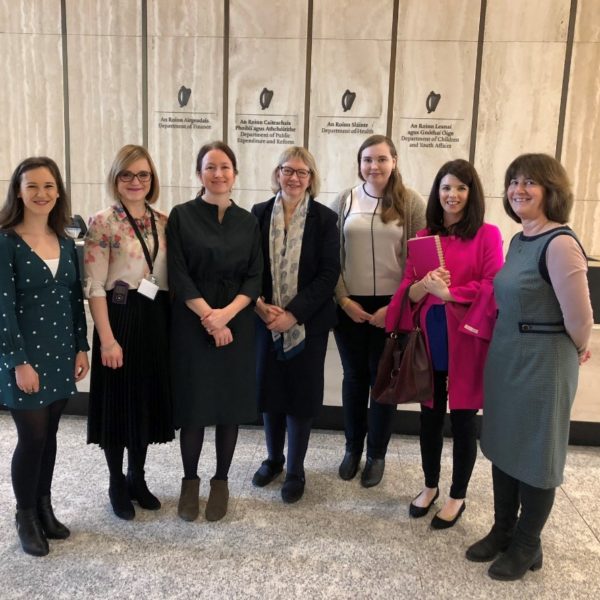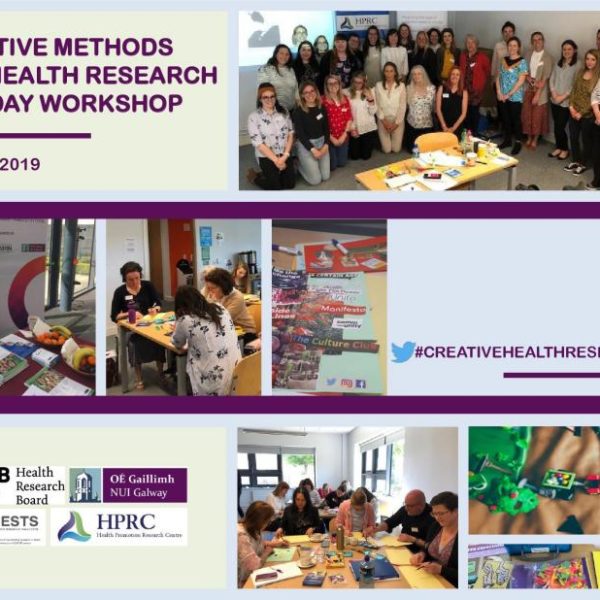I began my PhD at the School of Nursing, Psychotherapy and Community Health, in Dublin City University in 2015. Prior to that, I had worked as a research assistant in the Centre for Gerontology and Rehabilitation (CGR) in University College Cork since 2013, across a number of dementia-focused research projects […]
SPHeRE Blog
Covid-19 and Suicide, by Dr Paul Corcoran
The Covid-19 pandemic has led to an increase in a wide range of risk factors for suicidal behaviour. The range includes the sudden loss of loved ones, anxiety and fear of infection, job loss and economic uncertainty, social isolation and loneliness, restrictions on healthy activities and on access to health […]
Taking the Road less travelled: My journey to becoming a PhD Student, by Edel Burton
If you asked me five years ago what I wanted to do when I qualified as a Pharmacist, I would have said “a PhD”. Now five years later, having completed a Bachelors and Masters of Pharmacy, here I am doing just that. My PhD journey is beginning. The hard work […]
Rapid evidence synthesis during a pandemic, by Dr Barbara Clyne
SARS-CoV-2, the virus that causes COVID-19 has rapidly spread around the world, causing a substantial number of cases and deaths globally. The COVID-19 pandemic requires making rapid decisions based on sparse and rapidly emerging evidence. There has been a proliferation of scientific output in basic science, clinical medicine and public […]
Loneliness & Covid-19 – Initial Evidence, by Dr Annette Burns
Isolation refers to the objective size of one’s social network and the frequency of contact with same. Loneliness meanwhile is subjective and occurs where a gap is perceived between the social relations one has and what is desired, in relation to quantity or quality (Perlman and Peplau 1981). Isolation […]
The ABCD of AF stroke prevention – a GP led initiative to improve stroke literacy and increase AF diagnosis, by Aileen Callanan
Stroke is a major public health issue nationally and internationally and remains one of the leading causes of morbidity and mortality globally (1). It is the leading cause of acquired disability (2) and the third leading cause of death in Ireland (3). Atrial fibrillation (AF), the most common cardiac […]
My first 100 days as a knowledge broker: Experiences on the CHErIsH project, by Dr Susan Calnan
With the ever-increasing volume of research, finding ways to address the research-to-practice gap – the gap between knowledge creation and its use by healthcare practitioners and policymakers – is now more important than ever. This gap between knowledge creation and its use has important implications for our research: one frequently […]
For change to happen you have to measure: Why Dementia Data matters
The World Health Organisation recognises Dementia as a public health priority. Worldwide, around 50 million people have dementia, and there are nearly 10 million new cases every year (1). The WHO has noted the need for improvement of information systems on dementia in its global action plan(2). In […]
Knowledge translation and exchange to health policy stakeholders; key learning from a diabetes psychology group
The Psychologists in Diabetes Group are a mix of psychologists working clinically in paediatric and adult diabetes services, and researchers working in the areas of health psychology and health services research in Ireland. One aim of our group is to support knowledge translation and exchange regarding the psychosocial impact of […]
Using Creative Methods for Health Research
People most likely to be affected by research are often those least likely to participate in research, and inappropriate research methods can be an additional barrier to effective and meaningful participation (Cargo & Mercer, 2008). Moreover, there are many research questions that require innovative approaches to evoke real and meaningful […]


